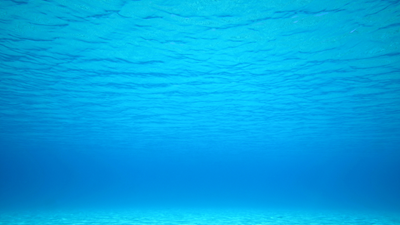Friday, 03 July 2020
Qualitative risk assessment on the development of COVID-19 illness from the consumption of bivalve molluscs
Covid-19 is primarily a respiratory illness, but the virus causing the illness may also be present in the faeces of infected people and therefore wastewater. Bivalve molluscs are marine organisms captured or cultivated for food purposes; whose natural feeding behaviour create particular risks of accumulation of human faecal viruses present the aquatic environment. This qualitative risk assessment carried out by the FSAI addressed the question: what is the magnitude of the risk if any, of contracting COVID-19 through consumption of bivalve molluscs produced in Ireland?
The work was undertaken in the context of the relative novelty of this particular strain of coronavirus, and consequent poor availability of directly relevant scientific data. Emergent COVID-19 scientific literature was considered along with extrapolation from existing scientific understanding of related virus biology, mollusc physiology, wastewater treatment and food production and consumption.
Evaluation of the totality of the available evidence outlined in the hazard characterisation and exposure assessment, suggests that overall, the risk of contracting COVID-19 from the consumption of live or cooked bivalve molluscs is considered negligible. However, the uncertainty in this conclusion is high since here is a lack of data on the persistence of SARS-CoV-2 through the various complex elements of the exposure pathway and a lack of information on infection through the ingestion of infected food, other than the absence of reported cases from this source. The concentration of SARS-CoV-2 necessary to infect humans via the gastrointestinal route is also unknown, as is the role of the gastrointestinal tract, if any, in infection. Caution with respect to the risk characterisation is appropriate due to this uncertainty and the rapidly emerging details of the biology for this novel virus.

